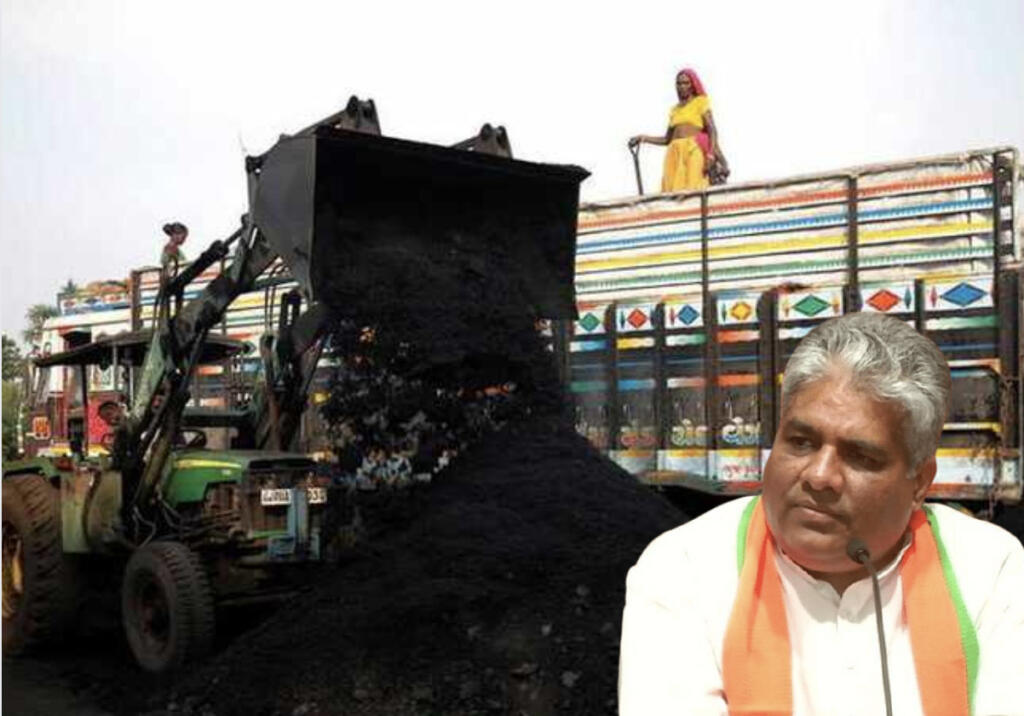- A few days ago, in his address to the COP26 summit, Prime Minister Modi has made it very clear that India would take steps to move towards clean energy but on its own terms.
- Climate experts have praised India’s push for phasing down, not “phase out” of coal use.
- The per capita carbon emission in India is extremely low as compared to western countries.
A few days ago, in his address to the COP26 summit, Prime Minister Modi has made it very clear that India would take steps to move towards clean energy but on its own terms. India’s environment and climate minister Bhupender Yadav maintained the same stance and after discussions with other countries, he has proposed new wording for the final agreement that would phase down unabated coal power instead of the previous language to phase it out.
Climate experts have praised India’s push for phasing down, not “phase out” of coal use. “Blocking the establishment of even a modest fund to help vulnerable communities around the world with the massive loss and damage they are experiencing at the hands of the climate crisis is a serious blow. As with Covid, those with the least resources have been left to fend for themselves. However, the first-ever mention of coal phase down in an international climate agreement is an important indication of the energy transformation underway and a clear signal to markets and industry. COP26 is real progress but much more is still to be done,” said Aarti Khosla, Director, Climate Trends.
For the last few years, the western nations are making pressure on newly industrialized countries (NIC) like China, India, Brazil to make a commitment, but India maintained that most of the responsibility for course correction on carbon emission lies with developed countries. The per capita carbon emission in India is extremely low as compared to western countries even now, and historically too, India is arguably the least responsible for global environmental degradation, despite having a quarter of the world’s population.
In Glasgow, while PM Modi made a net-zero pledge, at the same time he reminded the western nations of their responsibility. “It is India’s expectation that the world’s developed nations make $1 trillion available as climate finance as soon as possible”, Modi said. “Justice would demand that those nations that have not kept their climate commitments should be pressured… climate finance cannot lag climate action”.
Having a net-zero pledge is now in India’s interest, given the fact that the country is a leading producer of renewable energy. Making a push towards renewables will not only reduce India’s import bill on fossil fuels (above 100 billion dollars per annum) but also incentivize the Indian companies to pursue the global market. Two of India’s largest conglomerates, Reliance Industries Limited and Adani Group, are making huge investments in renewable energy. Many smaller companies are also entering the technology side of renewables, and this has enabled the country to not deliver on Paris Climate Agreement, but surpass it.
Thus, Indian interest lies in pursuing renewable energy goals. In terms of economy, it will establish Indian companies among the global leaders of renewable energy, and in terms of global affairs, it will heighten the moral standing of the country among the league of the nations. Previously, India had shown the mirror to nations around the world by highlighting the fact that India is the only G20 nation well on track to achieve the goals mentioned under the Paris Agreement.
